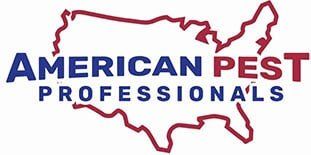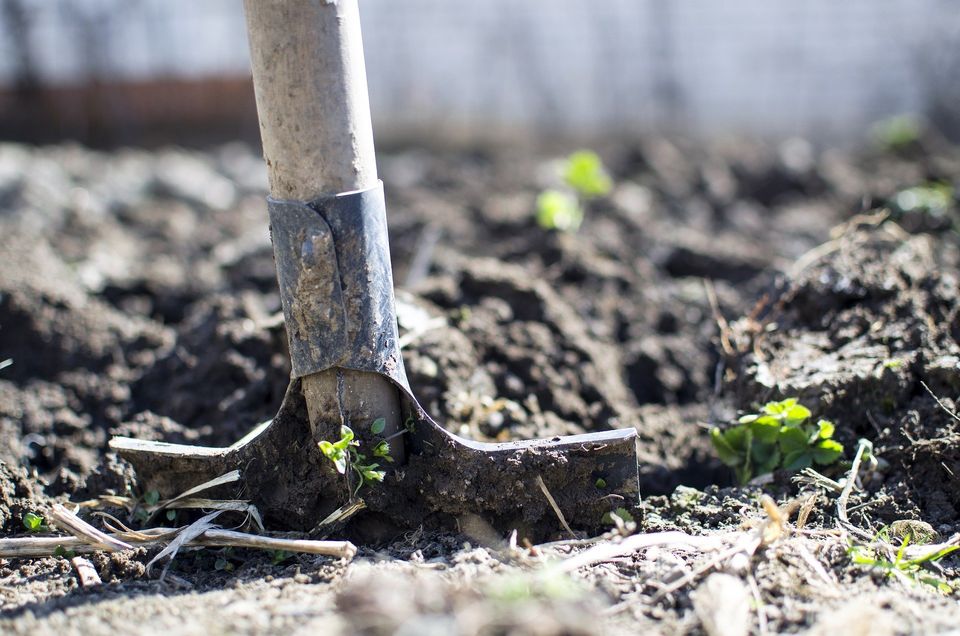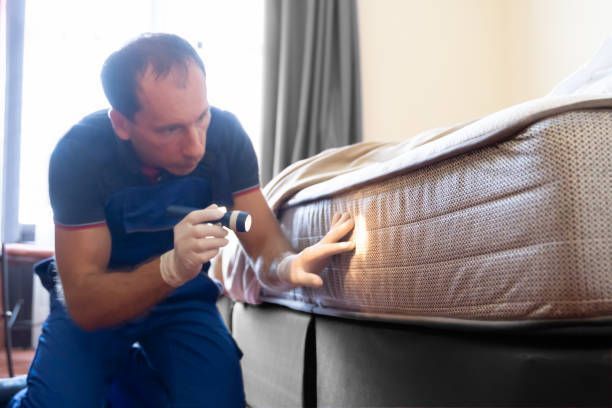7 Integrated Pest Management Tips for Your Home Garden
Whether it’s your first summer growing tomatoes or your gardening skills are so impressive you could feed a commune, pests are an unavoidable part of growing food at home. While pests like bugs, diseases, animals and weeds may damage your home garden, it’s important to consider the components of garden integrated pest management when deflecting them.
Applying IPM Principles to Your Home Garden
Integrated pest management standards are applicable to any space that attracts pests. Whether pests are invading an agricultural field or your backyard garden box, the basics of IPM still apply. By following these basic principles, any home gardener can stop pests from eating up their plants, while ensuring they’re still safe for human consumption.
According to the National Pesticide Information Center, integrated pest management combines scientific principles and common sense to think about pest management in a way that values:
- Using knowledge about the pest’s habits, life cycle, needs and dislikes
- Using the least toxic methods first, up to and including pesticides
- Monitoring the pest’s activity and adjusting methods over time
- Tolerating harmless pests
- Setting an economic threshold to decide when it's time to act
7 Tips for Cultivating a Home Garden Focused on IPM
A little pre-planning can go a long way in helping you grow a luscious garden that requires significantly less pesticides in the long term.
1.
Select the right plants for your location - When deciding which plants to grow in your garden, consider their needs for water and sun. This information can typically be found on a tag when purchasing the plants, but expert gardeners are great resources too! Keep in mind that plants will be healthier with proper care and watering, increasing their ability to resist diseases and tolerate insects.
2.
Select disease-resistant varieties when certain diseases keep coming back - Many
plants have been bred to resist certain diseases. Do your research and plant applicable disease-resistant plants throughout your home garden to significantly reduce your dependence on pesticides.
3. Water plants at ground level - You’ll want to confirm the frequency with which each plant in your garden needs watered, but in general, all plants should be watered at ground level. Wet leaves are more susceptible to disease, not to mention evaporation (especially during mid-day hours).
4. Remove dead plant material before spring - As your garden comes to life, you’ll want to rid it of dead plant material, which can harbor diseases.
5. Consider testing the soil for nutrients and minerals to plan fertilizer needs - While a test for soil nutrients can be helpful, it is not necessarily required for preventing pests or plant diseases. Before you go through the trouble, consider
composting at home, which is a great method for improving soil health while limiting pests!
6. Inspect your plants regularly in order to detect problems early - As you’re watering or trimming back plants, inspect the leaves and surrounding areas for any pest activity. You’ll want to keep an eye out for leaves with holes or yellow spots, animal droppings and tracks, and frequent sightings of pests like ladybugs.
7.
Determine if promoting beneficial insects may help prevent or control pests in your garden - Similar to disease-resistant plants, some insects are actually great for preventing certain pests in your garden!
If you’ve identified a pest and need tips on how to remove it, the
NPIC’s Pest-Specific Information hub is a great resource!
What other tips and tricks do you use to keep your home garden naturally pest-free?












